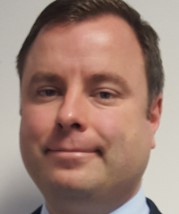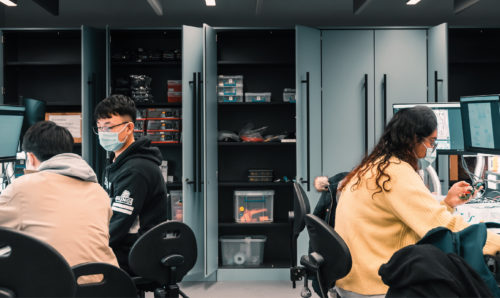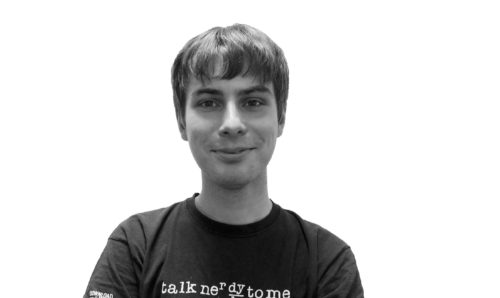Meeting our alumni: Gary Preston
EEE in the real world 19th February 2021
Gary Preston is one of our brilliant Electrical and Electronic Engineering alumni who is now the Connections Team Manager at TNEI in Manchester. We caught up with him to find out how his time studying at Manchester prepared him for his career, and hear about why he loves being an Electrical and Electronic engineer!

Degrees:
BEng (Hons) Electrical and Electronic Engineering 2006
MSc Power Systems Engineering 2007
PhD Power Systems Engineering 2012
I was an electrician before attending university, so I knew that Electrical Engineering was the right course for me. I attended a UMIST (UMIST merged in 2004 to become The University of Manchester) Open Day and was impressed by the facilities and history and knew I’d be happy studying there.
“The lab facilities were very good, particularly the High Voltage lab”
The University of Manchester is very strong in Electrical Engineering, and the course content in my taught degrees was interesting, challenging and relevant to the industry. The lab facilities were very good, particularly the High Voltage lab in the Ferranti Building, which is a world-leading HV lab and unique amongst universities. Plus, Manchester is very lively and cosmopolitan, a great city to live in and I’ve never left!
My degrees from The University of Manchester really prepared me for a career in electrical engineering. Being part of the world-leading Electrical Energy and Power Systems research group during my PhD meant that I was able to study and collaborate with some of the world’s best and brightest academics and researchers. Holding a PhD from this research group meant that I was very attractive to a range of companies in the Power Systems sector.
“There were regular careers events to help with CV writing and applying for jobs, and sessions where we could meet prospective employers”
The University has strong links with industry so the course content on taught degrees is kept fresh and relevant, meaning that Manchester graduates are sought-after by companies. After my MSc and PhD, I knew that I definitely wanted to work in Power Systems and was well prepared technically. There were regular careers events to help with CV writing and applying for jobs, and sessions where we could meet prospective employers, some of which I now attend on behalf of my company in order to speak to graduating students.
After completing my PhD, I accepted an offer from engineering consultancy firm Parsons Brinckerhoff as an Assistant Power Systems Engineer. Following on from my PhD work, I focussed on electromagnetic transient analysis. Within five years I’d been promoted to Principal Engineer and later was made Team Leader for the Power Systems team in the PB Manchester office.
“The University has strong links with industry so the course content on taught degrees is kept fresh and relevant, meaning that Manchester graduates are sought-after by companies”
In 2020 I moved to TNEI, another power systems consultancy, where I’m the Connections Team Manager. I manage a team of Power Systems Engineers, helping renewable energy developers to connect their renewable generation plants (such as Wind, Solar, Waste to Energy, Battery Energy Storage Systems, and Hydrogen) to electricity grids around the world.
An Electrical and Electronic Engineering degree is great because it helps you develop strong analytical and problem-solving skills, meaning that EEE graduates are highly valued and sought after by a wide range of companies, not just the Electrical Engineering industry.
“Summer internships are a great way to get industrial experience whilst studying and are a great opportunity to show a prospective employer your professionalism, work ethic, and technical understanding”
To work in consultancy, you have to be technically strong, flexible, and adaptable to take on a wide range of projects for different clients in a fast-paced environment. People wanting to pursue a career in this area should make sure that their circuit analysis skills are very strong and try to learn as much analysis software as possible. Programming and scripting skills are becoming more important in the industry too. Summer internships are a great way to get industrial experience whilst studying and are a great opportunity to show a prospective employer your professionalism, work ethic, and technical understanding.
I love working in a challenging industry with some of the best and brightest Power Systems Engineers from all around the world and being at the forefront of the global sustainable energy revolution.
Hear from more of our fantastic alumni in the EEE in the real world section of our blog!





Leave a Reply